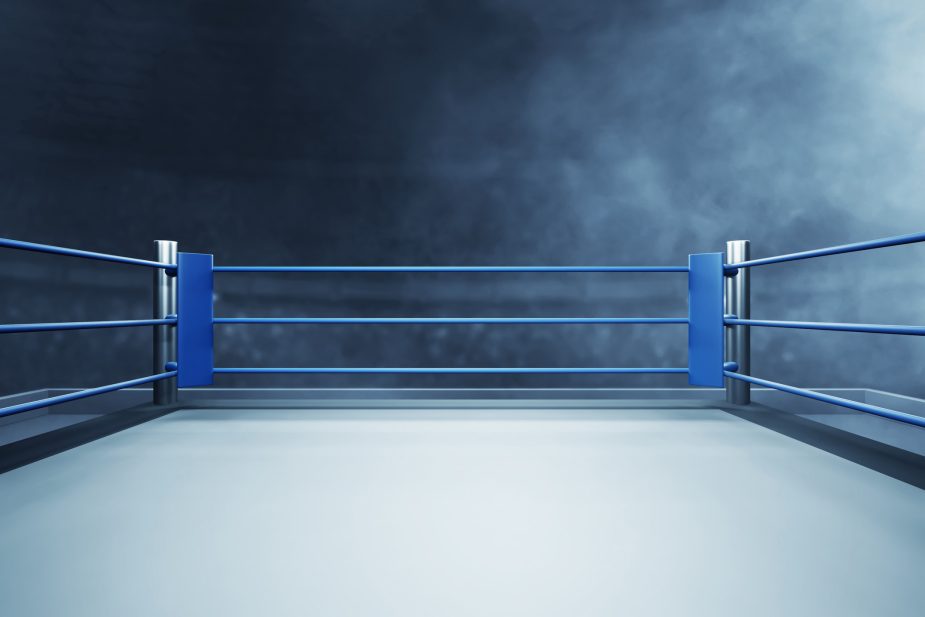I’ve spent the last two years volunteering as a wrestling coach, guiding athletes to push past their limitations on the mat and manage newfound confidence off it. I’ve been fortunate in my current position to be able to serve in this role, but I also recognize that circumstances can change at any moment. Now, in my third year, I’m working alongside a new head coach who is still learning the sport, but whose passion and commitment reassure me the program has a better chance to thrive if I must move on. Assuring a seamless transition and building a solid foundation so wrestlers can continue to flourish reflects the consistency I value, and have tried to bring to this program.
Consistency is vital in wrestling. It’s the presence of the same coach season after season which nurtures each athlete’s potential. I learned this firsthand during my own seven-year wrestling journey where I had four different head coaches. Each transition was a substantial reset, and it wasn’t until my sophomore year that my skills truly took off as I had the same coach onwards through graduation. I went from being a good wrestler to genuinely excelling, and the sense of accomplishment I gained over those final years are symbolized by the wrestling shoes now proudly displayed at home in my curio cabinet.
Part of wrestling’s uniqueness is its appeal to underdogs, and this includes those who struggle with confidence or haven’t ever imagined themselves being athletes one day. In middle school many students have never even seen a wrestling match before trying out for the team. It might seem ironic that the world’s most historically brutal sport draws in people who’ve never considered themselves remotely athletic, but for many, it sparks a profound physical and emotional transformation towards building the six core values AMSG believes in: Competence, Courage, Character, Compassion, Communication, and Community. Yet wrestling also demands that seventh “C” of consistency. Without that consistency, underdogs stay underdogs, and the healing, empowering butterfly effect that wrestling can unearth, can become detrimental. For example, on the concept of competence; “I’ve tried and tried coach, but I’m just not good enough, I can’t beat anyone.” A coach who does not teach or exemplify consistency might say, “Well, wrestling isn’t for everyone kid”. The consistent coach will shoulder the challenge personally, and remind their wrestler about their accomplishments in getting to the mat in the first place, and that winning in wrestling is flat out hard, but with time, and practice, he will absolutely get there.
Life without lessons leads to loss. Between the North and South entrances to the command side of Marine Corps Base Quantico is Locust Shade Park, home to the Jean C. Smith Amphitheater.
Jean was a wonderful person whose son I coached at Beville Middle School; I was nineteen at the time and that was my first year as a head coach. After our first match, Jean came up to me and thanked me with such enthusiasm that the moment is still one of my most vivid memories. James was her older son who wrestled in high school. His eyes would light up, he’d jump to his feet to deliver a powerful handshake, and they were exceptional members of the community. Jean and James were the tragic victims of another one of my wrestlers, and I can’t help but wonder if more consistency or more reminders of support for him would have meant that Jean and James could still be here today.
Does the lack of consistency in wrestling from a coach correlate to higher rates of violence compared to other sports? I don’t know the answer to this question, but I firmly believe consistency is the key for those first day underdogs to have a fighting chance to change their lives. It’s why I’m making sure the wrestlers I started with when they were in sixth grade have a familiar face in their eighth. But for our newer wrestlers, my goal is to offer a constant source of encouragement and stability and a pair of shoes that one day, they too may proudly display.
The message above was a request to apply my hobby care funds towards wrestling shoes to give to my wrestlers. AMSG asked me to hang on to my hobby program money and went ahead to fully fund my request. While I believe greater recognition is due to AMSG, the minimum asked of me was to permit my funding request to be shared through the AMSG newsletter (I agreed! (See ↑). This is consistent with the “If Not Me, Then Who” mentality Jim [O’Farrell] has encouraged since assuming full ownership of the company, and a statement to the lasting legacy that sport leaves on those around us. I am very appreciative.
I encourage any reader with an interest in wrestling and a desire to ‘give back’ to contact your local middle school or high school, let them know you are going to help, and continue to help in a way that makes sense to you. If you aren’t sure where to start, please look into efforts related to Lieutenant Commander John Kainer, efforts related to Marine 1st Lieutenant Travis Manion, efforts related to Marine Captain Brian Letendre, efforts related to Army Sgt. David Ruhren, and/or the Shirely Heim Timberwolves.
Thank you, Coach
Written By: Kevin Ford

